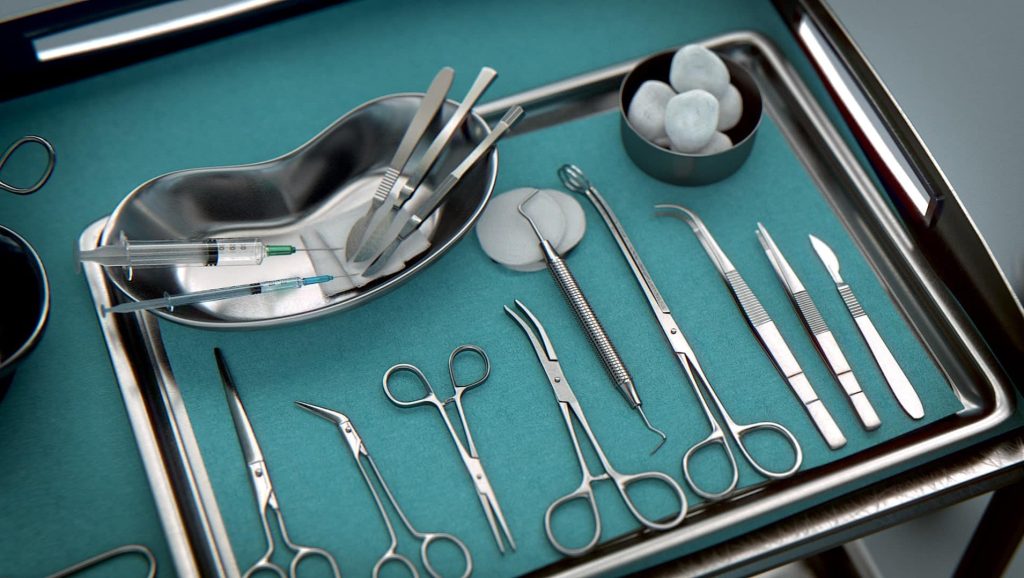
The Essential Dental Instruments for Every Dental Practice
In the realm of dentistry, having the right instruments is crucial to providing high-quality care and ensuring the efficiency of the practice. Each tool has its specific purpose, contributing to a wide range of diagnostic, preventive, and treatment procedures. Here is a guide to the essential dental instruments that every dental practice should have.
Diagnostic Instruments
- Mouth Mirror
- Purpose: Allows dentists to view areas in the mouth that are difficult to see directly.
- Benefits: Helps in diagnosing conditions and providing better visibility during procedures.
- Explorers
- Purpose: Used to detect cavities, plaque, and other abnormalities.
- Benefits: Helps in identifying early signs of decay and ensures thorough examination of the teeth and gums.
- Periodontal Probes
- Purpose: Measures the depth of periodontal pockets around each tooth.
- Benefits: Essential for diagnosing periodontal disease and planning appropriate treatments.
Preventive Instruments
- Scalers and Curettes
- Purpose: Remove plaque and tartar from teeth surfaces.
- Benefits: Critical for maintaining oral hygiene and preventing periodontal disease.
- Prophy Angle and Polishing Cups
- Purpose: Used during professional cleanings to polish teeth.
- Benefits: Enhances the appearance of teeth and helps in the removal of surface stains.
Restorative Instruments
- Excavators
- Purpose: Remove decayed dentin during cavity preparation.
- Benefits: Ensures all decayed material is removed before filling a cavity.
- Composite Placement Instruments
- Purpose: Used to place and shape composite resin fillings.
- Benefits: Allows for precise application and contouring of filling materials.
- Amalgam Carriers
- Purpose: Used to carry and dispense amalgam into the cavity preparation.
- Benefits: Ensures an efficient and clean placement of amalgam fillings.
Surgical Instruments
- Extraction Forceps
- Purpose: Used to extract teeth.
- Benefits: Designed for various tooth types and positions, ensuring effective extractions.
- Elevators
- Purpose: Loosen teeth prior to extraction.
- Benefits: Minimizes trauma to the surrounding tissues and aids in the removal of teeth.
Endodontic Instruments
- Endodontic Files and Reamers
- Purpose: Clean and shape the root canals during root canal treatment.
- Benefits: Ensures thorough removal of infected pulp tissue and prepares the canal for filling.
- Rubber Dam Kit
- Purpose: Isolates the tooth being treated from the rest of the mouth.
- Benefits: Provides a dry working field and prevents contamination during endodontic procedures.
Orthodontic Instruments
- Banding Pliers
- Purpose: Place and remove orthodontic bands.
- Benefits: Ensures accurate placement and removal of bands without damaging them.
- Bracket Placement Tweezers
- Purpose: Place brackets during orthodontic treatment.
- Benefits: Allows for precise placement and positioning of brackets.
Prosthodontic Instruments
- Impression Trays
- Purpose: Hold the material used to take dental impressions.
- Benefits: Ensures accurate impressions for creating dental restorations.
- Wax Knives
- Purpose: Shape and carve wax models for dentures and crowns.
- Benefits: Allows for precise modeling and customization of prosthetic devices.
Sterilization Instruments
- Ultrasonic Cleaner
- Purpose: Clean dental instruments before sterilization.
- Benefits: Ensures thorough cleaning, removing debris and contaminants from instruments.
- Autoclave
- Purpose: Sterilize instruments using high-pressure steam.
- Benefits: Essential for maintaining hygiene and preventing infections in the dental practice.
Conclusion
Having the right dental instruments is fundamental to the success of any dental practice. From diagnostic tools to sterilization equipment, each instrument plays a vital role in delivering comprehensive and effective dental care. By investing in high-quality, essential dental instruments, practices can ensure they are well-equipped to handle a wide range of dental procedures, ultimately leading to better patient outcomes and increased practice efficiency.